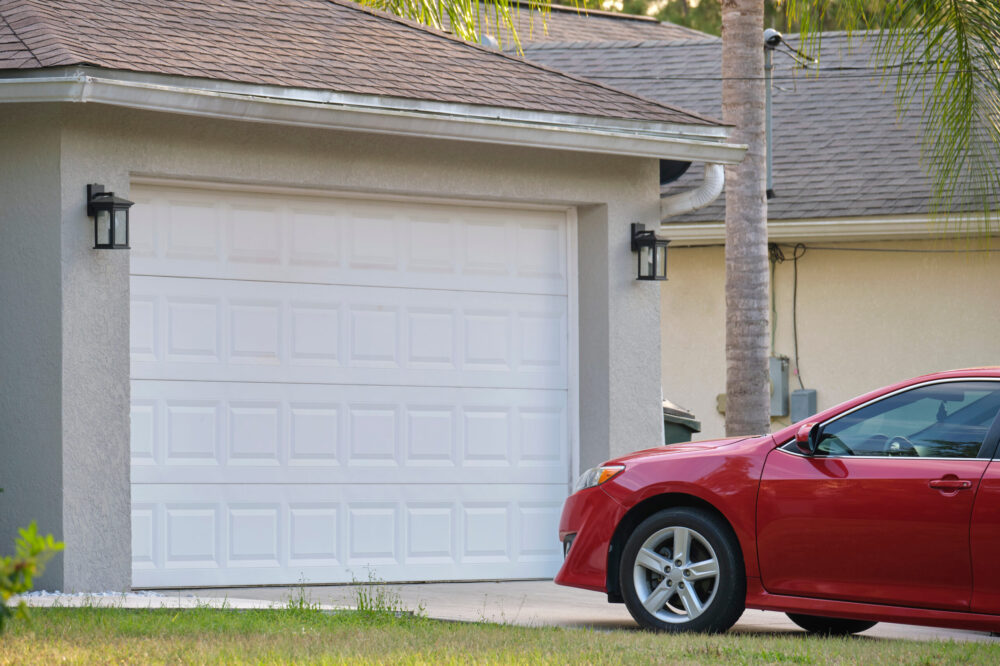This depends on several factors, including what type of debts you have, your assets, your income level and whether you are behind on your payments to secured creditors.
If you are behind on your house or car payments and wish to retain those assets, or have substantial equity in your home, you will definitely want to consider Chapter 13.
If your assets are minimal, your income is below the median and you either have no secured debt or are current with the ones you wish to keep, Chapter 7 may be the way to go.
What Is The Advantage Of Chapter 13 Over Chapter 7?
If you have too much equity in your home or another property to protect with a Chapter 7 filing, you may be able to protect those items with a Chapter 13 filing. Also, if you are in arrears on your secured debts, like your home or auto, you may be able to avoid foreclosure or repossession, which may not be possible with a Chapter 7 filing.
In addition to this, certain debts, such as taxes, which are not dischargeable in Chapter 7, may be dischargeable with a Chapter 13. Finally, a Chapter 13 leaves the option open for you to file a Chapter 7 at a later time.
Every situation is different, however, so you should consult with a bankruptcy attorney before deciding which chapter to file under.




